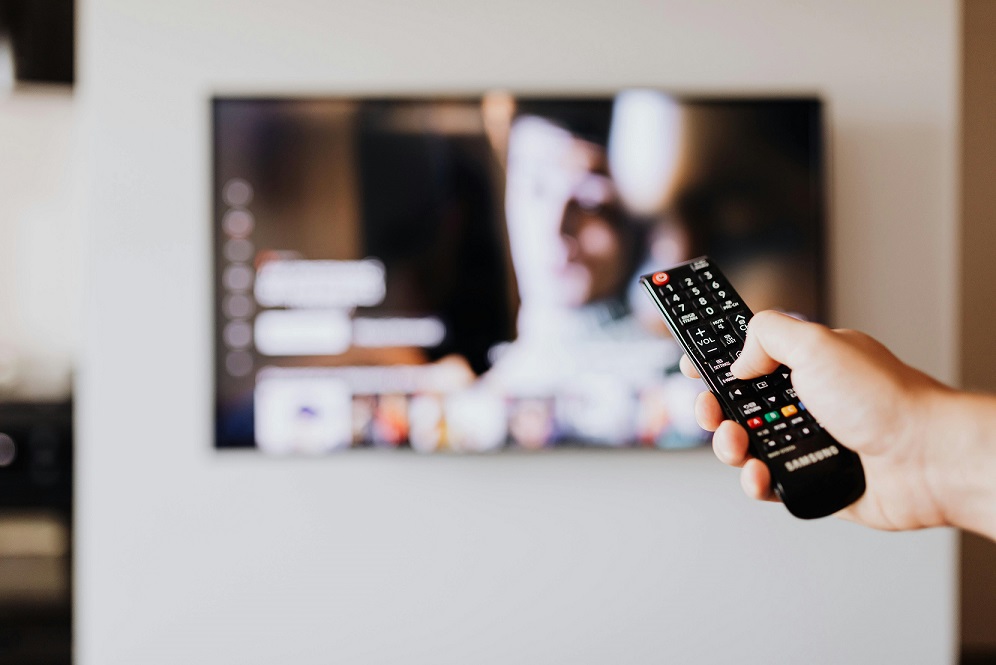Welcome to the latest edition of “ADA in the News,” featuring recent updates and rulings regarding the Americans with Disabilities Act.
California Lawyers Association to Increased Accessibility of Educational Programs
The Deaf and Hard of Hearing Bar Association (DHHBA) late last month negotiated an agreement with the California Lawyers Association (CLA) under which CLA will increase the accessibility of its educational programs and events.
Under the agreement, CLA commits to providing deaf, hard of hearing, late-deafened, and deafblind individuals with full and equal access to all its educational programs and events, whether live, pre-recorded, virtual, or in-person, through the provision of captioning services, transcripts, and other accommodations.
The agreement addresses the captioning requirements for CLA’s library of online educational programs and events and extends to all new educational programs and events, including webinars, webcasts, podcasts, continuing education sessions, and annual meetings.
“Our attorneys have had to overcome innumerable obstacles to get where they are,” said DHHBA President Zainab Alkebsi. “Ensuring their access to continued legal education programming is one step closer to an equitable justice system.”
The Deaf and Hard of Hearing Bar Association is a volunteer-operated, nonprofit organization committed to the advancement of deaf and hard-of-hearing individuals in the legal profession.

Report Shows New York Led in Web Accessibility Lawsuits in 2023
A new report shows that New York led the pack when it came to web accessibility lawsuits in the United States.
UsableNet’s year-end report on digital accessibility lawsuits found that plaintiffs filed more than 4,500 federal and state ADA-related digital lawsuits in 2023, around 500 more than in 2022. Of that total, almost 75% were filed in New York, with California and Florida coming in next on the list but well behind the Empire State.
“The combination of federal and state laws, the concentration of plaintiffs and plaintiffs’ firms, and the fact that New York judges have tended to be very plaintiff-friendly regarding the type of websites has created a powerful combination,” wrote UsableNet’s Jason Taylor. “Don’t get excited if you are outside of New York. Any company doing business in New York via a website can have a claim brought there. That goes for California, Florida, and any other state. The internet has no boundaries.”
E-commerce and retail websites accounted for 82% of all lawsuits filed with other industries (food services, education, healthcare) making up the remaining 18%. The report noted the popularity of online shopping and the fact that e-commerce sites often change their layouts and designs, thus increasing the chances for accessibility issues to pop up, among the reasons for the high percentage of suits.

Court Orders Trucking Company to Pay Deaf Driver Punitive Damages, Lost Wages
A trucking company will pay $335,682 to a truck driver who is deaf months after an Omaha jury found in favor of the US Equal Employment Opportunity Commission (EEOC) on disability discrimination claims.
A federal judge earlier this month also ordered Werner Enterprises, Inc. and its subsidiary Drivers Management, LLC to submit semi-annual reports to the EEOC for the next three years with information about deaf truck driver applicants and new hires.
The judgment follows a jury verdict awarding $36 million in punitive damages and $75,000 in compensatory damages for truck driver Victor Robinson. The EEOC sued Werner in U.S. District Court for the District of Nebraska under the Americans with Disabilities Act (ADA) after the trucking company refused to hire Robinson, a licensed, qualified truck driver, in 2016. The case went to trial last year, and a jury found Werner violated the ADA when it failed to hire Robinson because he is deaf and failed to provide him reasonable accommodation for his disability.
In a judgment entered Jan. 11, Senior Judge John Gerrard also found that Werner intentionally discriminated against Robinson in violation of the ADA. The judgment reduced the jury’s verdict to $300,000, as required by federal law limiting damages in employment discrimination cases. The judge also awarded Robinson $35,682 in lost wages. Werner will also be required to pay pre-judgment interest on the wages.
“As the court noted in its order, federal law caps punitive damages at $300,000 – not even one percent of the jury’s intended award,” said Karla Gilbride, general counsel of the EEOC. “These caps, which were set by Congress decades ago, take away juries’ power to deter large employers from engaging in intentional discrimination against workers. Juries who have heard the evidence should be able to punish employers who knowingly or recklessly break the nation’s workplace civil rights laws without constraints from outdated caps on damages.”

ACLU Sues Nevada Detention Center Over Treatment of Deaf Inmates
The American Civil Liberties Union (ACLU) of Nevada filed a federal lawsuit earlier this month against the Las Vegas Metropolitan Police Department (LVMPD), claiming the Clark County Detention Center failed to comply with the Americans with Disabilities Act, the Rehabilitation Act, the U.S. Constitution, and the Nevada Constitution in violation of the rights of inmates who are deaf or hard of hearing.
The ACLU of Nevada has been investigating the treatment of deaf people at the detention center since 2021. It claims that the jail regularly denies basic aids and services like sign language interpreters, visual aids, videophones, rehabilitation classes, and medical appointments to detainees with hearing loss.
“LVMPD, through its lack of appropriate policies and practices, fails to provide communication access for deaf and hard-of-hearing people in LVMPD’s custody and control,” the suit says.
The ACLU suit ─ Jones v. LVMPD ─ details how an individual spent nearly three years at the detention center and had his requests for services denied.
The lawsuit said that the man, who is deaf and whose preferred language is American Sign Language, requested accommodations to communicate with others who do not speak the language. Attorneys said that he needed to receive qualified interpreters, modifications, or assistance while detained and even faced disciplinary actions because the police department did not provide adequate communication accommodations.
“Deaf and hard-of-hearing people are experiencing worse jail conditions than everyone else at the detention center only because they are deaf or hard of hearing,” said Chris Peterson, ACLU of Nevada Legal Director. “Based on the records we have received through public records requests, we know that the detention center is aware it must offer these services, but it still fails to do so.”




